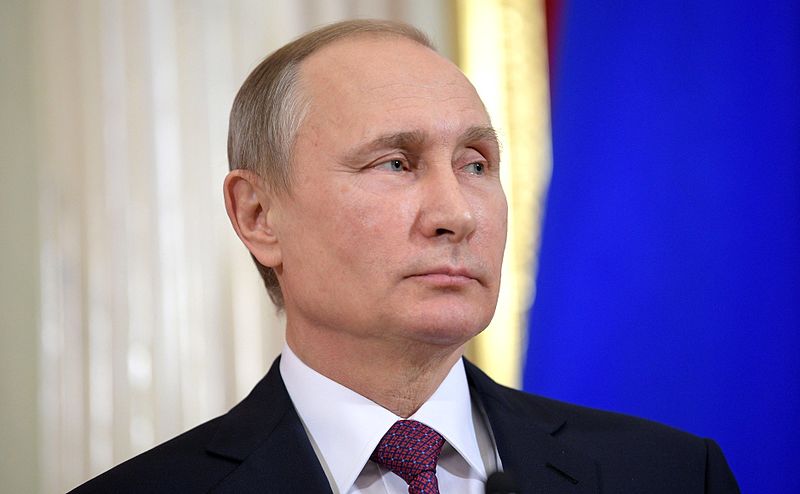Russia says it has a covid vaccine called “Sputnik-V”

Russia has cleared a vaccine against covid-19 for emergency use on health-care workers this fall.
Fast advance: Russian president Vladimir Putin said during a meeting on Tuesday that the newly registered vaccine “has passed all the necessary tests” and that one of his daughters had received the inoculation.
“She has taken part in the experiment,” Putin said, according to the Associated Press.
Vaccination program: The Russian vaccine was developed by the Gamaleya National Research Center for Epidemiology and Microbiology in Moscow. Although it has been tested on some volunteers, Russia has not finished the larger type of study needed to prove it is safe or protects recipients against infection by the coronavirus.
According to reports, doctors, nurses, and teachers will be given the shot first when enough supplies of the vaccine are ready in October, and it could reach the general public by January.
The Russian vaccine uses an adenovirus to deliver components of the pathogen that causes covid-19. The approach is similar to one being advanced by Oxford University and AstraZeneca, according to the New York Times,
National pride: Vaccines against covid-19 could be wielded as a tool of geopolitical power, with nations offering supplies to friends and allies. The Russian shot is named Sputnik-V, a clear allusion to the dramatic Soviet launch of the first space satellite in 1957, according to CNN.
“Americans were surprised when they heard Sputnik’s beeping. It’s the same with this vaccine. Russia will have got there first,” Kirill Dmitriev, head of the Russian Direct Investment Fund, said in June.
There are close to 900,000 reported cases of coronavirus infection in Russia, the fourth-highest number in the world.
Risky race: The Russian vaccine claim could encourage the Trump administration to fast-track emergency approval of one of several vaccines being tested by the US program, Operation Warp Speed. Some scientists fear that the vaccine could become a pawn in American election politics and have cautioned against distributing an untested injection.
China, too: In June, China also approved a vaccine, made by CanSino Biologics, for use by its military. The country has offered experimental vaccines to officials at state enterprises in China.
Deep Dive
Biotechnology and health
How scientists traced a mysterious covid case back to six toilets
When wastewater surveillance turns into a hunt for a single infected individual, the ethics get tricky.
An AI-driven “factory of drugs” claims to have hit a big milestone
Insilico is part of a wave of companies betting on AI as the "next amazing revolution" in biology
The quest to legitimize longevity medicine
Longevity clinics offer a mix of services that largely cater to the wealthy. Now there’s a push to establish their work as a credible medical field.
There is a new most expensive drug in the world. Price tag: $4.25 million
But will the latest gene therapy suffer the curse of the costliest drug?
Stay connected
Get the latest updates from
MIT Technology Review
Discover special offers, top stories, upcoming events, and more.